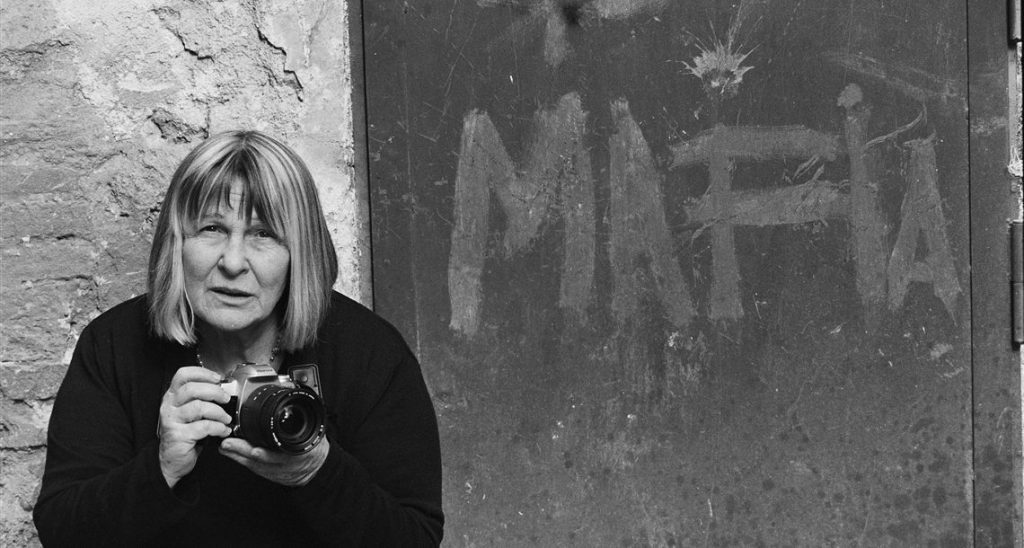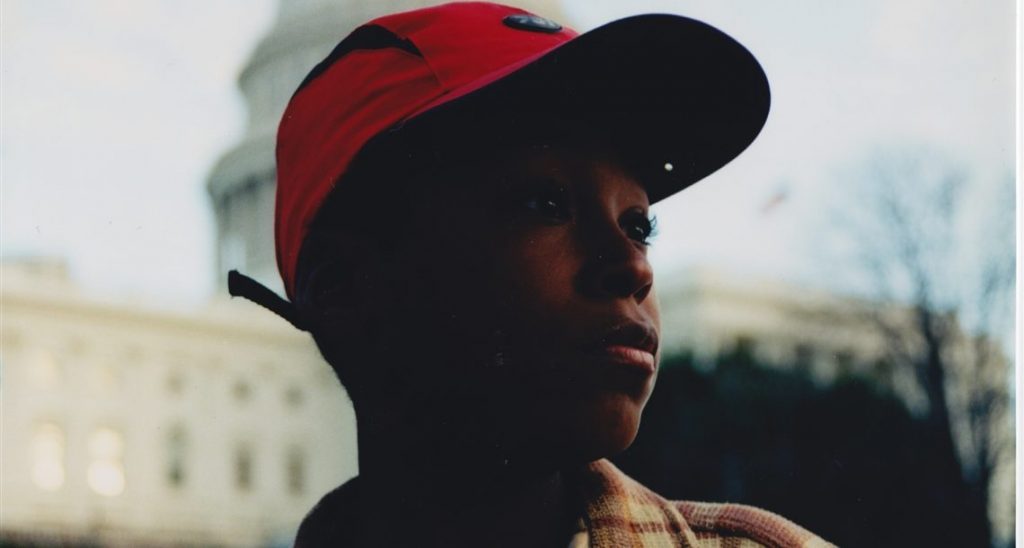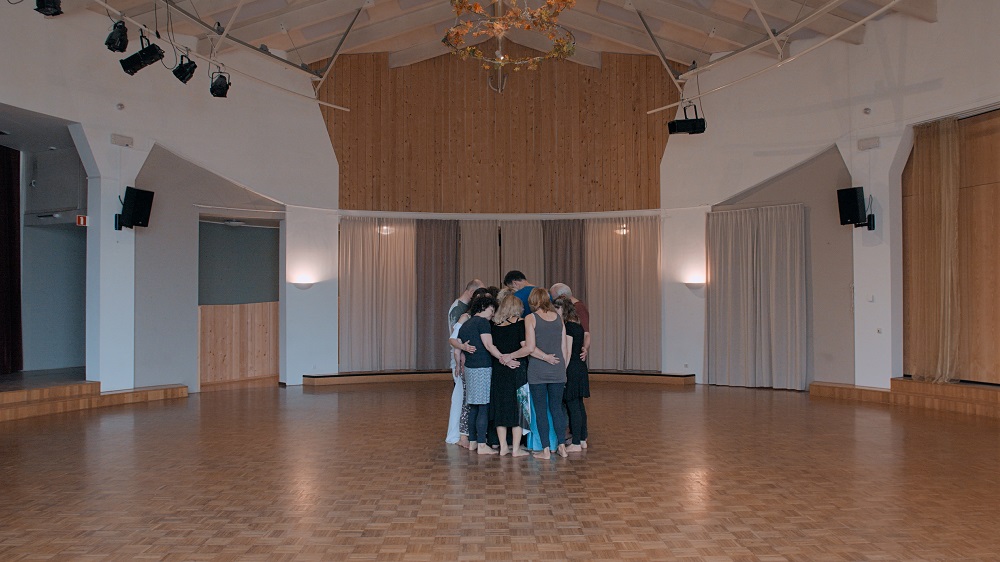Documentary films invite the viewer to dive into amazing stories, becoming acquainted with people, places, problems and pleasures that we otherwise might never encounter. Docaviv, the Tel Aviv International Documentary Film Festival, will present 11 films this year in its International Competition, culling a diverse selection of this year’s best documentary films from all over the world. The festival will run from May 23, 2019 – June 1, 2019, and the full program is available on the Docaviv website. Here’s a look at three very different intriguing films:

Shooting the Mafia, directed by Kim Longinotto, looks at the life and work of Letizia Battaglia. The bold and talented photojournalist not only documented the Mafia’s grip of fear, but fought through the media and politics to free Sicily from their tyranny. Vibrant, outspoken, and defying convention in her personal and professional life, the strength of Battaglia’s black and white photographs is in their unrelenting honesty, the fidelity to the human emotions and conditions they depict. Longinotto’s film is rich in resources, and marked by excellent editing, relying on present-day interviews with Battaglia (now in her 90th decade) as well as the photographs, and archival footage from news programs and interviews. Battaglia’s experiences as a young girl growing up in a society entirely run by men, who rushed into marriage at age 16 with a man who refused to allow her to continue her education, is interwoven with the story of a society oppressed by the crime and violence of the Mafia. In an unexpected and wonderfully creative move, Longinotto integrates scenes from classic Italian films as a backdrop to Battaglia’s personal story, illustrating the narrative, emphasizing its themes, and connecting the private with the social/political spheres.
“I feel the violence on my skin,” Battaglia says as she speaks of the difficulty of documenting trauma, and speaks also of those photographs she did not take, such as that of the murdered body of judge Giovanni Falcone, because she felt the pain and loss so deeply. A keen and honest observer of her own life, as well as the lives of others, Battaglia is a fascinating character. On camera reunions with former lovers Santi and Franco (with whom she had an 18-year relationship) are a touching contribution to the portrait of a complex, and powerful individual.

17 Blocks is a very different contemplation of the relationship between the intimate circle of individual and family life and the social, economic, and political environment. In 1999 director Davy Rothbart met 9-year-old Emmanuel, a smiling, curious kid living in Washington DC, 17 blocks away from the White House, and worlds apart. He gave the boy a camera, and Emmanuel, along with his family, documented their lives sporadically over the next 20 years. The access to the intimate family circle is astonishing, inviting an emotional as well as intellectual connection with the viewer.
Although it is clear from the start that the small family of Cheryl Sanford and her three children – Akil “Smurf”, Denice, and Emmanuel – is struggling, the love is just as evident and abundant. Telling the camera about his favorite things, like “eatin’ good food”, Emmanuel also says, “My mom, she will always be there for me.” Yet the warm family moments take place within a wider frame that includes poverty, drug addiction and violence. As big sister Denice talks on the phone and playfully shoos away Emmanuel and his camera, tossing a Pringles can his way, the camera moves out to reveal that Cheryl is lying on the bed, unconscious, half-dressed and exposed. Intelligent and articulate, when Cheryl talks about her children, it is apparent that they came into the world with love and hope, with thought given to the meaning of each child’s name. When she reveals that her father had a job with the government and she attended private schools growing up, the mystery deepens: how did Cheryl and her children end up in such dire conditions? As the film progresses, there is much to contemplate: the lasting impact of violence and tragedy, and the resilience of the human heart and mind, the ability to change for the better, the power of hope.

Now something is slowly changing, directed by Menna Laura Meijer, is a film certain to provoke and inspire a multitude of opinions and lively conversations. The film’s structure confounds expectations as it does not contain a narrative arc, but rather presents the viewer with discrete scenes of coaching, lectures, therapy and training sessions. The camera is static and typically set at a distance from the action, and at first one might sense that distance more than anything else as the different scenes are displayed: people lying next to pigs in a vast barn, people sitting in a loosely defined circle of chairs in a room, two women sitting close to one another and breathing. Yet as the film progresses one is drawn into these disparate fragments of narrative, to realize that these threads woven together create a tapestry of our lives today, the search for acceptance, self-knowledge, self-improvement, and the endless desire to reduce stress.
Watching the different seekers and practitioners, raises many questions and issues. The camera remains resolutely neutral, a variety of situations are presented, all without judgement or commentary. A woman works with a small group of school-age children, talking about feelings; a man lectures in a large hall, offering statistics: “by 2030 [there will be] 7 million chronically sick people in the Netherlands. On the one hand this is bad news, but for coaching…”; a beautiful young woman whispers into a webcam, offering to help reduce stress by virtually cleaning and massaging the face of the unseen client, virtually brushing their hair, and conversing: “So why are you feeling stressed? Is it because of school, or your job? Okay, so you watch YouTube videos on your mobile phone? Check your social media?…Why not settle down with a nice book?” Some of the scenes may seem a bit bizarre and some of the practitioners cynical opportunists, other scenes are quite moving, and even inspiring.
Watching the film, I was struck by an overwhelming sense of human weakness, the sense that feelings of isolation, alienation, insecurity and stress are mounting at an alarming rate. Yet the film is also permeated by a feeling of hope and optimism, because people are talking about things that previous generations did not discuss. One might consider that the feelings of stress, isolation and insecurity have always been part of the human experience, and it is a positive development that people are more comfortable not only about expressing them, but actively seeking ways to ameliorate their situation and the way they live and experience their lives.
Docaviv opens on Thursday, May 23, 2019. Tickets are on sale now – order online: https://www.docaviv.co.il/2019-en/
Shooting the Mafia, directed by Kim Longinotto
Ireland/United States 2019, 94 min, English and Italian, Hebrew & English subtitles
17 Blocks, directed by Davy Rothbart
United States 2019, 96 min, English, Hebrew subtitles
Now something is slowly changing, directed by Menna Laura Meijer
Netherlands 2018, 106 min, Dutch, Hebrew and English Subtitles





